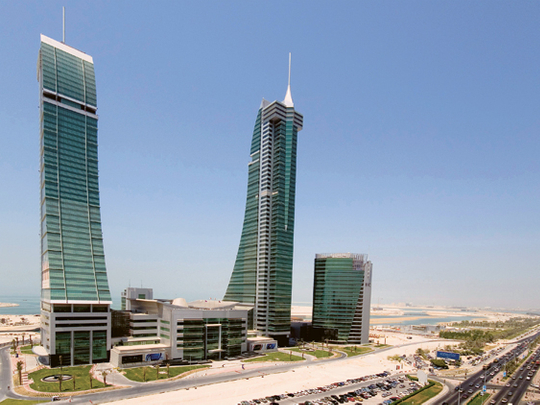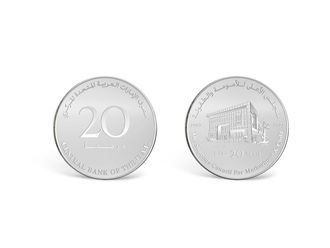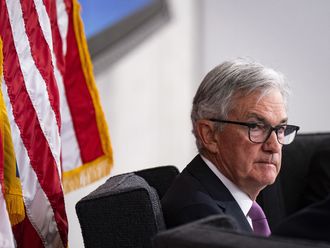
Dubai: Bahrain may be grabbing the world headlines for all the wrong reasons, but its financial services industry is relying on its track record of resilience to outmanoeuvre them.
"Yes, there were a few issues that we faced recently but we must move on and look ahead," said Jamal Hijres, CEO of Capinnova Investment Bank, which is wholly-owned by the Bank of Bahrain and Kuwait. "As an investment bank we will evaluate [future] deals based on future potential and accordingly go ahead… irrespective of whether it is in Bahrain or elsewhere."
"There has been a resurgence of interest in Islamic finance in the wake of the financial crisis and we are finding that conventional bankers from all over the world are keen to tap the expertise in our field.
"Yes, we are currently speaking to several potential entities within the GCC and outside the region. I am confident that we will go ahead and close the deals soon."
As for the deals struck prior to the recent wave of political unrest in the country, the official emphasised all of them remained firmly on track. These include a $16.5 million (Dh60.5 million) bridge financing for a hospitality project in Makkah finalised in the last quarter of last year.
Last April, the bank channelled $20 million in EBLA Computer Consultancy, a tech firm with a regional presence, and it also picked up a 50 per cent stake in the Bahrain-based mortgage provider, Sakana Holistic Housing Solutions.
"We have successfully overcome previous epis-odes of instability owing to economic downturns," said Hijres. "This experience of sound economic and financial management in both challenging times and otherwise is one of our greatest assets."
In the medium term, the bank's focus is on what has worked well for it in the past. The emphasis thus will be to mine opportunities in private equity, asset management and — where possible — "large-ticket" corporate financing.
Momentum
"With regard to mergers and acquisitions, finance, energy and power, and telecommunications were active sectors last year," said Hijres. "I personally feel this trend will continue to keep up its momentum in the region even this year within most of these sectors."
But wouldn't it be difficult for Bahrain-based institutions to tap funds which could then be ploughed into investments? "At this stage we cannot say whether sourcing of funds will be expensive or not," Hijres said.
"But one thing I can confidently say is that Bahrain's future as an international financial centre is very much intact. There are several opportunities to be tapped within the country to secure long-term funding at a reasonable cost." Of course, there is also its parentage that would come in handy. The Bank of Bahrain and Kuwait owned Capinova has an authorised capital of $500 million of which $151.5 million is paid-up.
Asset-based
Islamic banking is where the action will be, and Capinova has no intention of being left behind in the "major revolution for the financial industry". "The key fact that the Islamic finance industry is asset-based and not debt-financed has protected and prevented this sector from the crises that has brought the downfall of conventional financial giants worldwide," Hijres said.
"2011 will be a year that surely will test the strengths of the Islamic finance industry, but I am confident the industry will deliver… and go beyond expectations."
Measures
Islamic finance
Islamic banking could well do with bringing in safeguards where necessary. And it's better to do so as a pre-emptive measure, according to the head of Bahrain's Capinova Investment Bank.
"While Islamic finance is one of the big success stories in finance today, it is worth looking at the recent credit crunch in conventional finance to see how easily one problem can spiral out of control," said Jamal Hijres, who prior to joining Capinova was with the Bank of Bahrain and Kuwait.
"... Rigid corporate governance programmes, transparency on compliance, learning from conventional banking successes and failures ... will help sustain this area of Islamic finance."












